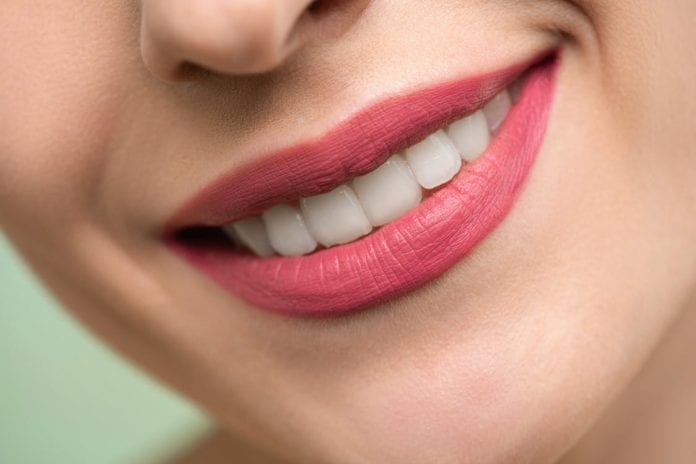Most people will experience at least one common oral health problem in their life, whether it’s a cavity or a persistent case of bad breath. Your mouth is a complex system, consisting of your gums, your teeth, your tongue, as well as your jaw, lips, and inner cheeks. The better you take care of your oral health, the more likely you’ll be able to talk, eat, and smile comfortably throughout the rest of your life.
Everything starts with understanding (and preventing) the most common oral health issues that exist.
Cavities and Tooth Decay
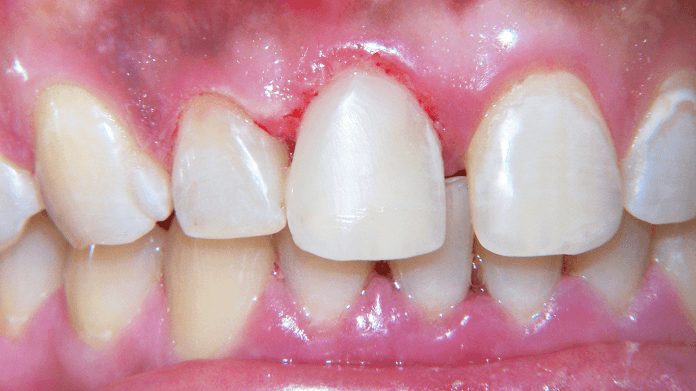
One of the most common oral health afflictions is tooth decay, which results in cavities. When classified as a disease, it’s the second most prevalent disease in the United States, second only to the common cold.
Over time, your teeth develop plaque, a sticky substance that interacts with sugars and starches in the food you eat. The resulting reaction creates an acid that eats away at your tooth enamel. Given enough time, this acid can create enamel erosion, resulting in a cavity. You can usually prevent cavities by preventing plaque buildup and reducing sugar intake. Once you get one, treatment is usually straightforward; a filling is all that’s needed to halt the cavity’s progression.
Gum Recession
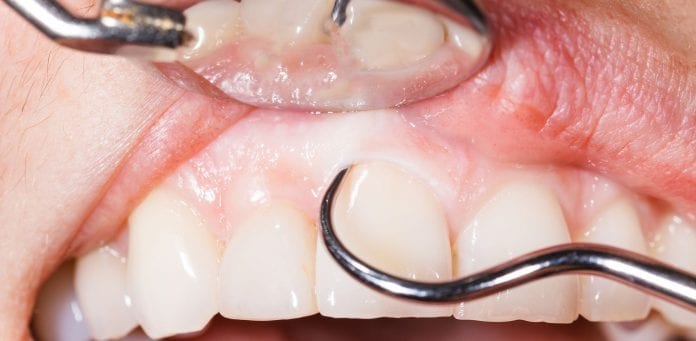
Gum recession occurs when the gums pull away from the teeth, or when gums wear down over time. Everyone will experience at least some gum recession over the course of their life, through natural effects. However, this tends to be exacerbated by certain habits, like brushing too hard.
Gum recession can result in tooth sensitivity, gum disease, and a host of other issues. Fortunately, there are several possible treatments. According to Dr. Bret Dyer, one of the best options is the Chao Pinhole surgical technique—a permanent, suture-free, scalpel-free procedure that takes less than two hours to complete.
Gum Disease
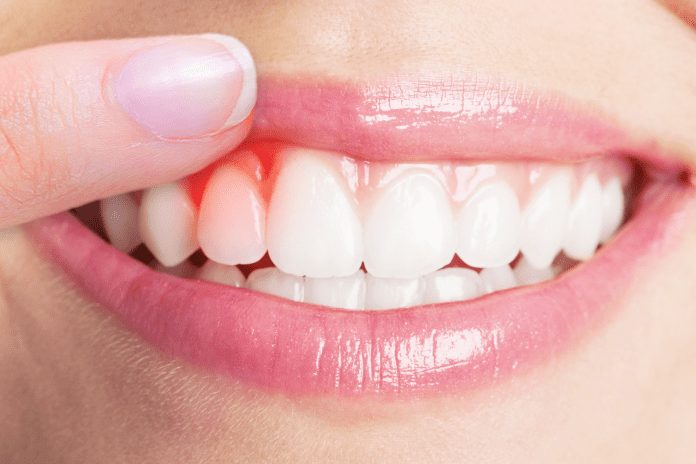
Gum disease (formally known as periodontal disease) is an infection of the gums, and in extreme cases, it can lead to tooth loss. Gum disease tends to happen in people over age 30 and is highly correlated with smoking, diabetes, and dry mouth, but it can affect anyone. The major symptoms include bad breath, tender gums, red and swollen gums, and painful chewing. Gum disease is often treated with professional cleanings and antibiotics.
Bad Breath
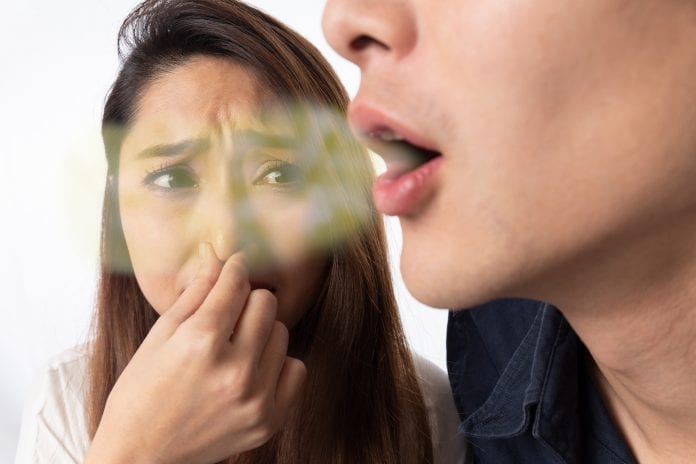
Bad breath ranges from mild (and completely normal) to a sign of a major oral health problem. Most of the time, some other underlying oral health condition is to blame; for example, you may be suffering from gum disease, cavities, dry mouth, or excessive bacteria on the tongue. In many cases, basic oral health habits and regular checkups are all that’s required to clear up the bad breath problem.
Tooth Wear and Grinding
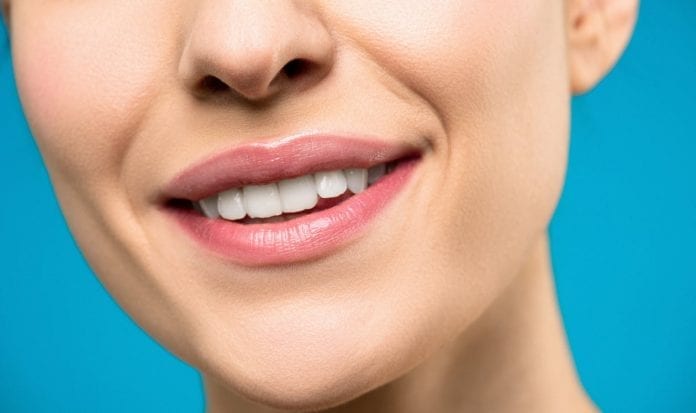
If you grind your teeth, you may suffer from tooth erosion over time. Your enamel may become significantly weaker, and you may experience cracking or worn down teeth; you may also suffer from jaw pain. Stress is often a leading cause of grinding, so a combination of positive habit changes, stress reduction, and mouthguards can often fix the problem.
Mouth Sores
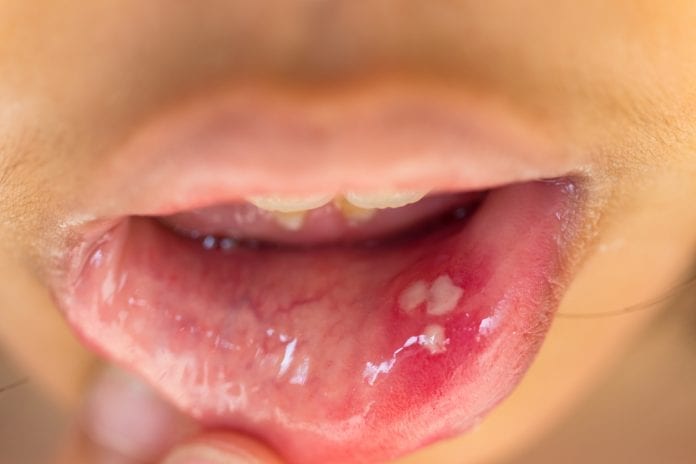
Many different types of mouth sores exist, and most of them are both commonplace and not worth worrying about; if a sore emerges, then disappears in less than two weeks, it probably requires no action on your part. Canker sores (aphthous ulcers) are the most common type here, but you may also be suffering from cold sores (from the Herpes simplex virus), or candidiasis (a yeast infection of the mouth).
Tooth Sensitivity

Some people naturally have more sensitive teeth than others; they may be unable to tolerate certain foods and drinks, like foods that are particularly cold. However, in some cases, tooth sensitivity is a warning sign of a bigger problem; for example, it might mean that you have a cracked tooth or even a tooth abscess.
Abscesses
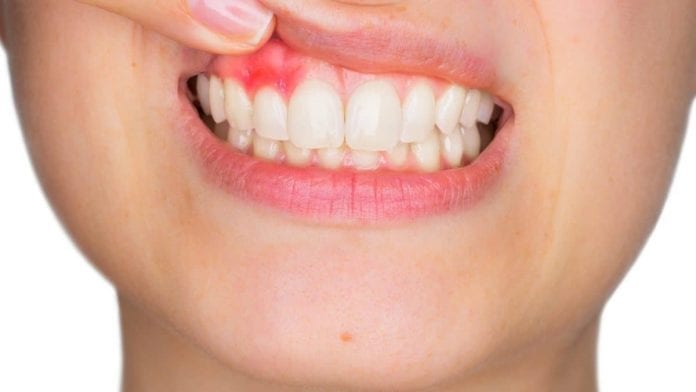
A tooth abscess is an infection in (or near) the root of a tooth, and it can be incredibly painful. It usually happens after the pulp inside your root canal dies and becomes inflamed. It’s important to seek immediate medical attention if you believe you may be suffering from a tooth abscess; in extreme cases, a tooth abscess can grow to become a life-threatening problem.
Chipped and Damaged Teeth

Chipped and/or damaged teeth are classified as a dental emergency. If you lose or damage a tooth due to immediate trauma (like falling off a bike or being assaulted), it’s important to seek dental care right away. In some cases, your dentist may be able to recover the tooth. In others, quick treatment can prevent the onset of other, more complicated problems.
Oral Cancer
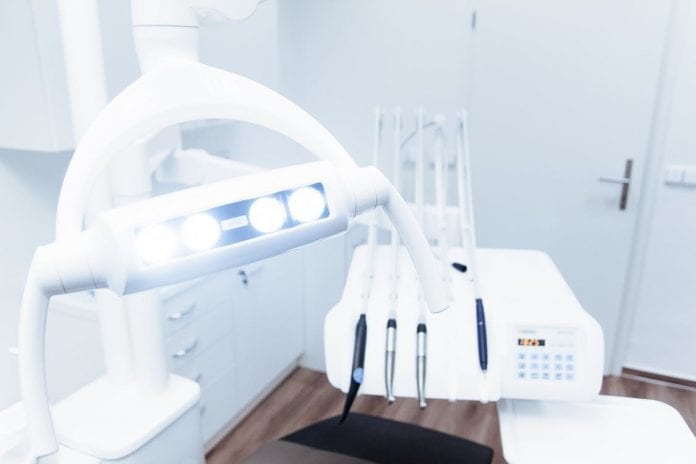
According to the CDC, there are roughly 45,000 new cases of oral cancer every year, leading to 10,000 deaths. Oral cancers can affect many different areas of the mouth, including the tongue or the back of the throat (called “oropharyngeal cancers”), but are always difficult to deal with. The 5-year survival rate for all oral cancers is only 61 percent, with males facing a higher mortality rate than females. Fortunately, it appears that most forms of oral cancer are preventable; they’re the byproduct of high-risk behaviors, like smoking, drinking alcohol heavily, and chewing tobacco.
Preventing Common Oral Health Conditions
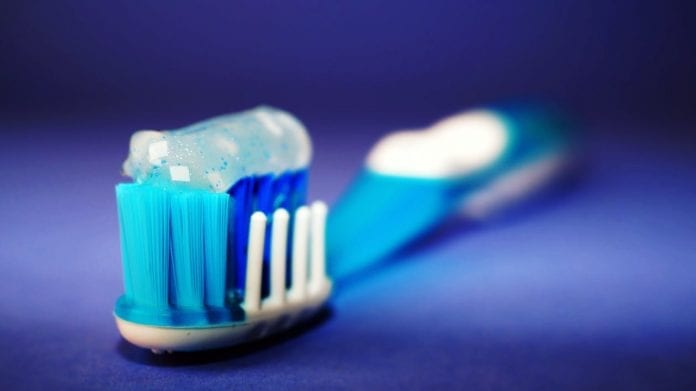
Fortunately, you can prevent almost every oral health condition in this list with the following:
- Brush your teeth thoroughly (and gently) at least twice per day.
- Floss your teeth at least once per day.
- Rinse with a fluoride-based mouthwash at least once per day.
- Avoid smoking, chewing tobacco, and excessive alcohol consumption.
- Wear a mouthguard and use other forms of oral protection when competing in sports or high-risk physical activities.
- Visit your dentist for regular cleanings and checkups.
Not all oral health conditions are perfectly preventable, so if you believe you’re suffering from one of these conditions, contact your dentist for an appointment. The sooner you take action, the sooner you’ll be able to find relief.
